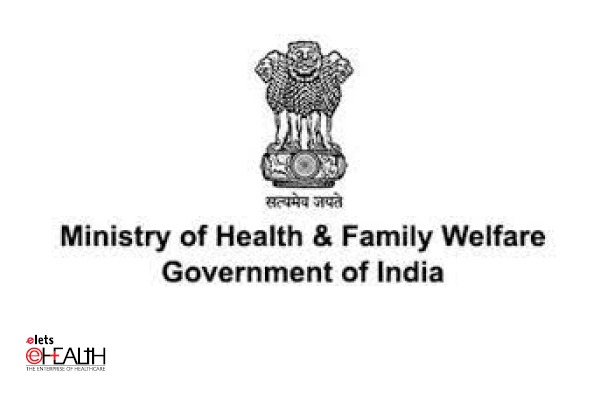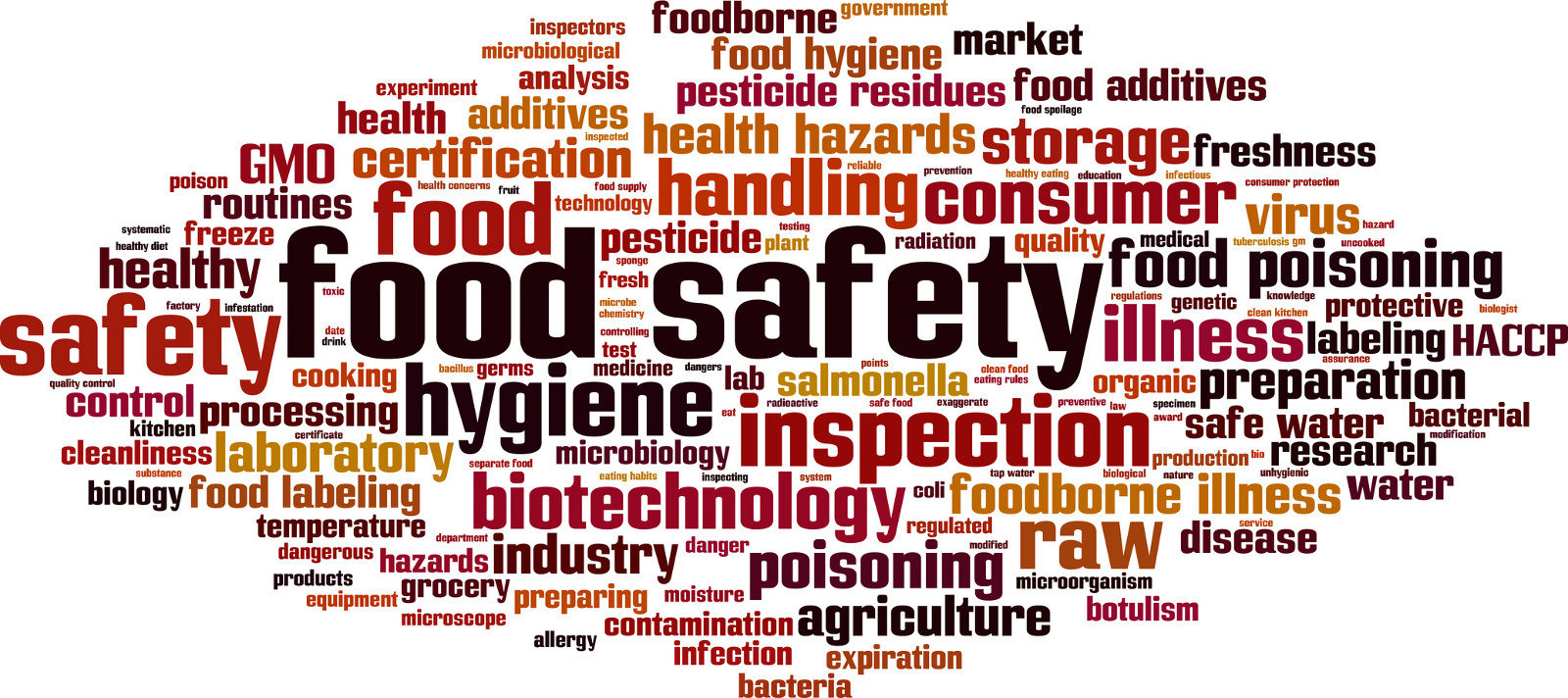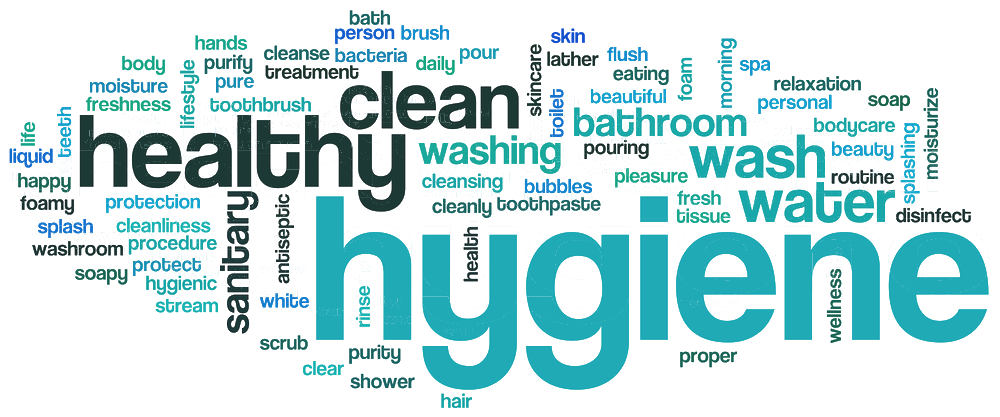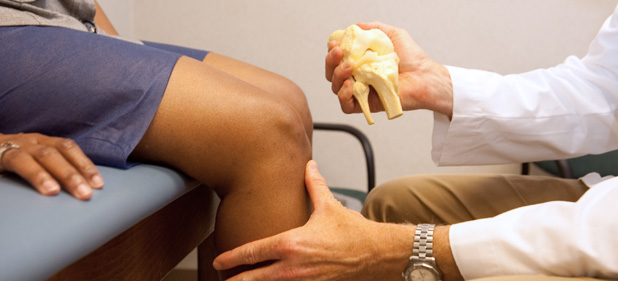New guidelines, issued by the Department of Health, call for more partnerships between the NHS and drug companies, stressing they should be “of mutual benefit with the principal beneficiary being the patient”. Doctors called for greater transparency in pharmaceutical companies’ dealings with the NHS after the government insisted the health service should cooperate more extensively with the industry. “If there are clear, transparent guidelines so that the clinical freedom of doctors is not compromised, the BMA does not see why there cannot be closer cooperation between the NHS and the pharma industry,” said a spokesman for the British Medical Association. “However, we would need to see the full details of individual planned projects before commenting fully.” The guidelines build on the growing practice in recent years for drug companies to work with doctors and nurses. In a statement, health minister Dawn Primarolo said: “We know that joint working between the NHS and [the] pharmaceutical industry can bring real benefits to patients so we want the NHS to work with them more to improve patient care.” Her department cited examples of successful joint working, including East Lincolnshire primary care trust’s partnership with three drug companies to identify sufferers of chronic obstructive pulmonary disease, train clinicians and establish clinics, which helped cut admissions by nearly a quarter. Richard Barker, director-general of the Association of the British Pharmaceutical Industry (ABPI), the industry trade body, said: “Increasingly the importance of [industry expertise] being shared with our partners in the NHS for the patient of patients is being recognised.” However, the Prescriptions Medicines Code of Practice Authority, which supervises the ABPI’s code of practice, has issued several reprimands in recent years triggered by abuses of such partnerships. Eli Lilly was criticised last year when one of its sales representatives attempted to link its financial support of a hospital’s diabetes clinical network to increased prescribing of its insulin products. Teva was also examined after complaints that one of its reps put pressure on surgeries to sign up to an asthma review service which identified patients suitable to be changed to its inhaler Qvar. In 2006 it criticised Procter & Gamble and Sanofi-Aventis for a sponsored osteoporosis nurse audit programme which was linked to use of their products.

Be a part of Elets Collaborative Initiatives. Join Us for Upcoming Events and explore business opportunities. Like us on Facebook , connect with us on LinkedIn and follow us on Twitter , Instagram.











